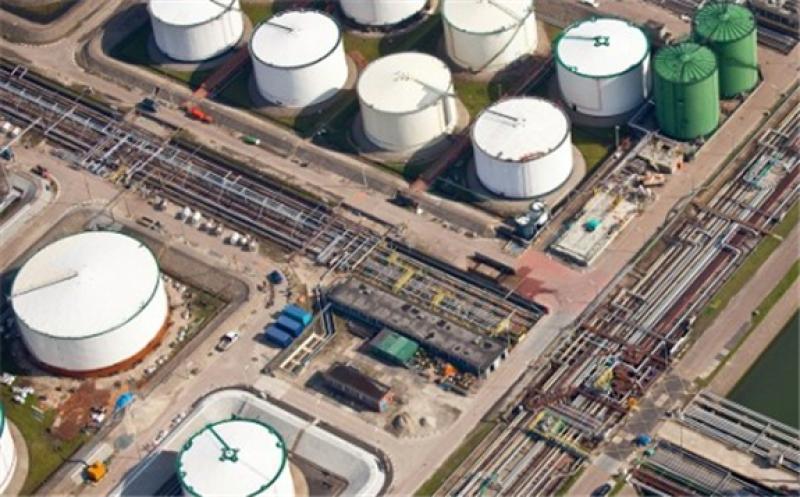Israel and the United Arab Emirates (UAE) signed this week a preliminary agreement under which crude oil from OPEC’s third-largest producer could be shipped to European markets via an oil pipeline in Israel connecting the Red Sea with the Mediterranean.

In a major energy deal after Israel and the UAE agreed to normalize relations in September, Israeli state firm Europe Asia Pipeline Co (EAPC) and UAE-based MED-RED Land Bridge Ltd signed a memorandum of understanding for cooperation in transporting crude oil and fuel from the Gulf to Western markets via the pipeline between Israeli cities of Eilat on the Red Sea and the Mediterranean port of Ashkelon.
The pipeline, built in the 1960s, was intended to serve the transit of crude oil from oil-producing countries in the Persian Gulf to customers in Europe. Israel built the pipeline together with Iran at the time—before the Islamic Revolution in Iran in 1979 and before Israel and Iran became bitter enemies. Israel nationalized the Eilat-Ashkelon pipeline after the Islamic Revolution.
In 2016, the highest court in Switzerland ordered Israel to pay Iran US$1.1 billion plus interest in the dispute over the ownership of the pipeline. Israel has refused to pay, citing its “trading with the enemy” act.
Even today, Israel’s military and officials treat information about the flows via the pipeline as top secret.
The signing of the preliminary deal between Israeli and UAE companies about using the pipeline for crude flows took place in the presence of U.S. Treasury Secretary Steven Mnuchin in Abu Dhabi.
“MED-RED is in advanced negotiations with major players in the West and in the East for long-term service agreements,” EAPC said in a statement.
If the preliminary deal turns into a finalized agreement, it could be worth up to US$800 million over several years, a source with knowledge of the deal told Reuters. Crude supplies could begin as early as at the start of next year, the source said.
This article is reproduced at oilprice.com